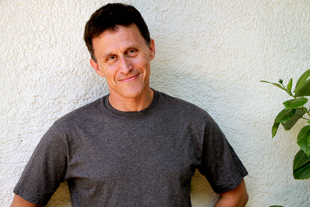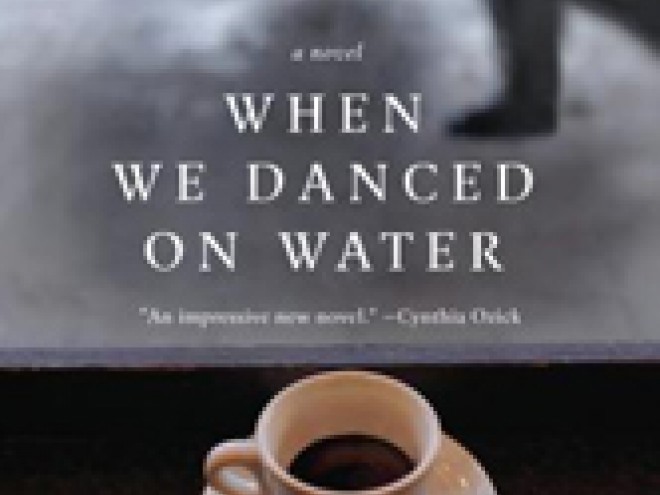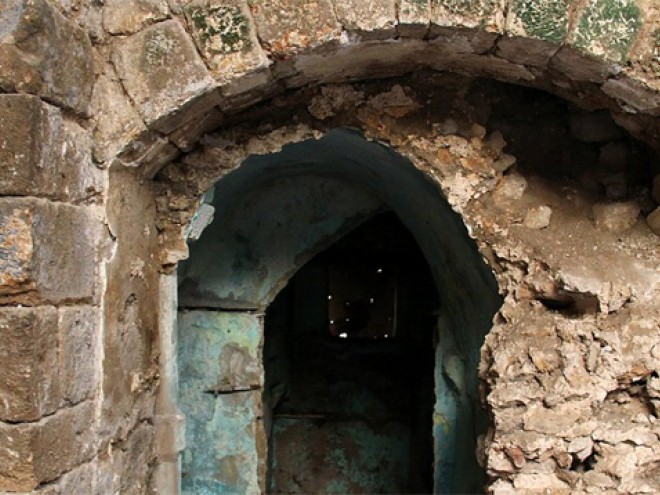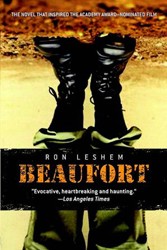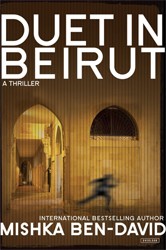On Tuesday, Evan Fallenberg explored writing elaborate lies with convincing details. Today, he further explores how much of his fiction is “true”.
 “How much of my book is true?” I could say ‘all of it,’ I could say ‘none of it,’ and both answers would be correct.
“How much of my book is true?” I could say ‘all of it,’ I could say ‘none of it,’ and both answers would be correct.
In order to create real characters that you, the reader, will believe, I must make them as true as possible. That does not mean basing them on anyone in particular, though I happily borrow snippets of stories and characteristics from friends, family and total strangers. But ultimately, the more I work with those characters, the more they evolve into themselves, which means they spin away from me, beyond what I knew or thought I knew about them to a place where it seems that they are in control of who they are and I am merely charged with capturing them on paper. If I seem mysterious about it, I don’t mean to be, but I myself cannot completely understand how it all works so I can’t expect anyone else to.
A case in point is Teo Levin, the eighty-five-year-old protagonist of my new novel, When We Danced on Water. He is a choreographer and former dancer, but even the company he directs – the Tel Aviv Ballet – is a product of my imagination. I provided him with a history, a career, lovers, a creative spark, a range of emotions and reactions, a face, a body, and in turn, he has kept me in line, checking some of my crazier or duller impulses. (He was originally far more cantankerous than his final, in-print version; but the grouchily perfectionist ballet master was too much of a cliché, and I am grateful to Teo for pointing that out to me.) To my delight and my frustration, however, people keep asking me to reveal on what real person he is modeled. That is delightful because it means I have made him real enough to believe, and frustrating because it should be of no consequence.
Similarly, I am flattered when people ask how long and where I danced. (I didn’t.) Dance, which is Teo’s medium and art form, takes a prominent place in the novel, and I had the task of describing it from without, as an observer, but also from within, from what Teo experiences when he moves his body to music. For the former I interviewed a marvelous dancer, dance teacher and choreographer, and for the latter I took dance lessons and learned the basics of ballet so that I could know what Teo was feeling when he stretched his toes into a sharp point or floated his arms above his head. I made the lie real for myself; only then could it be real for the reader.
It feels impossible to plot the course of my life, with all the reversals and vicissitudes and surprises and changes. But perhaps this one element – my joy of embellishing the truth – has its own continuum, from those detail-rich stories I made up for grammar-school classmates willing to listen, to the detail-rich novels I write for readers willing to read.In my life as an adult I have tried to remain scrupulously truthful, largely, I suppose, as a reaction to all those childhood lies. And yet, when I tell stories that really happened, I cannot seem to control the impulse to elaborate, to add color and texture to the picture I’m drawing for my listener. It is an occupational hazard I can live with, and one that has served me well.
Evan Fallenberg’s most recent novel, When We Danced on Water, is now available. He has been blogging all week for the Jewish Book Council and MyJewishLearning.
Evan Fallenberg is an author and translator of films, plays, and books, including Meir Shalev’s A Pigeon and a Boy, winner of the 2007 National Jewish Book Award for fiction. He is the recipient of the American Library Association Barbara Gittings Stonewall Book Award for Literature, the Edmund White Award for Debut Fiction, and other awards in the United States and Israel. In addition to writing and translating, he teaches literary translation and fiction at Bar-Ilan University in Tel Aviv and is faculty co-director of Vermont College of Fine Arts International MFA in Creative Writing & Literary Translation. He is a graduate of Georgetown University and serves as an adviser to the Sami Rohr Prize for Jewish Literature. He lives in Acre, Israel, where he owns a boutique hotel and arts residency center.
